T E Lawrence classic , Seven Pillars of Wisdom – leather rebinding
$400.00
A masterpiece in many senses – use of the language, military tactics, history etc. During his time Lawrence was the most famous Englishman. This is a special rebinding with two tan leathers, five raised bands, gilt titles, dated 1935 and scorpion logo to spine, gilt top edge, illustrated drawing by Augustus John to cover with gold inlay, blocking underneath – Lt Col T E Lawrence – and under that – Lawrence of Arabia. Special limitation page placing the book in historical context. Issued in the Books into Film series with large photos of Lawrence and Peter O’Toole.
In Stock
T E Lawrence, Seven Pillars of Wisdom,
First edition (trade) published in 1935. A masterpiece in many senses – use of the language, military tactics, foresight, history etc. During his time Lawrence was the most famous Englishman. This is a special rebinding with two tan leathers, five raised bands, gilt titles, dated 1935 and scorpion logo to spine, gilt top edge, illustrated drawing by Augustus John to cover with gold inlay, blocking underneath – Lt Col T E Lawrence – and under that – Lawrence of Arabia. Special limitation page placing the book in historical context. Issued in the Books into Film series with large photos of Lawrence and Peter O’Toole. 1/16 lettered copies with a facsimile autograph of Lawrence.
The introduction reads:
One hundred years ago the First World War had ended with the collapse of the Central Powers and the Ottoman Empire that had held sway in the Middle East for centuries. Great Britain inherited a vast swathe of Arab territories. Within a year or two, nationalist uprisings from Egypt to Iraq brought an uneasy peace. The British had rolled back the Turks in the Middle East chiefly through the vision, leadership and determination of Lieutenant Colonel T E Lawrence (‘Lawrence of Arabia’). Lawrence had persuaded the disparate Arab tribes to work together against the common enemy. After two years of fierce fighting and ground-breaking advances Damascus fell; Lawrence helped Feisal establish an administration. He then tried to secure the Arab cause for self-determination in London, and at the Paris Conference in 1919. Unfortunately, the French mandate or annexation of Syria and the Lebanon was a major setback. Lawrence was in despair, yet he fought on as chief advisor to Churchill at the Colonial Office securing autonomous states in Iraq and Trans-Jordan. With Allenby’s assistance Egypt gained her independence in 1922. Yet the increasing cost of Empire with thinner forces, together with disagreement over policy (at home and in the League of Nations) inevitably meant that the Middle East has been a powder keg ever since.
T E Lawrence longed to produce a literary masterpiece. After reflecting on his wartime experiences he set to work to blend history, autobiography and the epic in the Seven Pillars. After numerous drafts and revisions it was hailed as a masterpiece by seemingly all the literary figures that mattered – Sassoon, Shaw, Hardy, Forster, and acclaimed by Churchill as a “grand and permanent contribution to English literature”. The book was often quoted and referred to by poets such as Houseman. For the language is powerful, descriptive and full of meaning. It is virtually a prose poem.
As military narrative of tactics and strategy Seven Pillars became a set book at Sandhurst. For example the strategist Liddell-Hart said that T E Lawrence took decisions by weighing all the relevant factors – and many irrelevant ones too, like language, culture and religion. When doubts inevitably arose they were resolved by action. Ultimately, all military tactics succeed or fail on the necessity for will. Lawrence found the will power, bound for him in his vision of the peaceful world in our grasp.
This masterpiece became an epic film in 1962 directed in suitably expansive fashion by David Lean with an emotive soundtrack by Maurice Jarre; the picture won seven Academy awards. Surprisingly, the dashing hero, yet emotionally complex leading man, was played by newcomer Peter O’Toole. His portrayal of Lawrence’s challenges and struggles made him an outstanding talent. The madness of playing the dual roles of Englishman and pro-Arab, the psychology of balancing death and destruction on what was also a spiritual journey, all these contradictory facets are played out by O’Toole as can be found in the book.
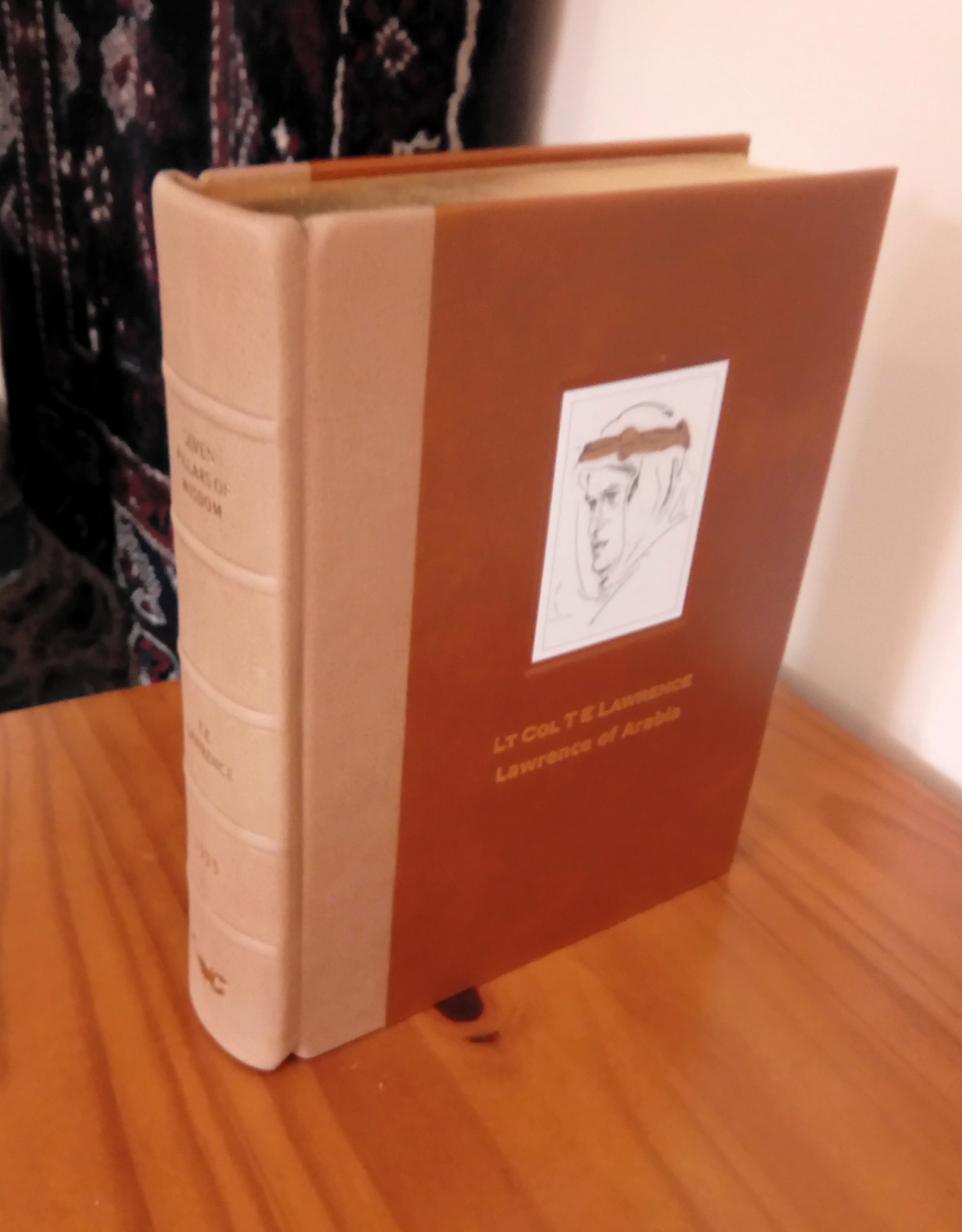
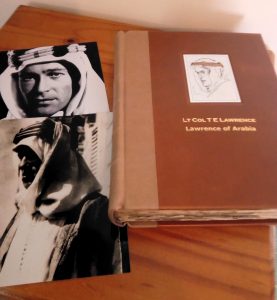
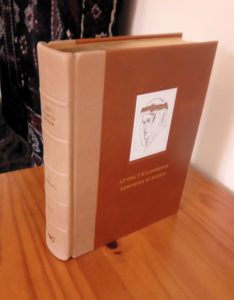
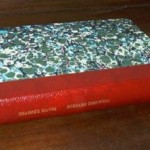 Bernard Cornwell, Sharpe’s Havoc
Bernard Cornwell, Sharpe’s Havoc
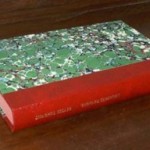 Bernard Cornwell, Sharpe’s Escape
Bernard Cornwell, Sharpe’s Escape
Reviews
There are no reviews yet, would you like to submit yours?